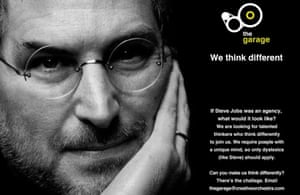Top journalists sign up as Words By Women judges

A new awards ceremony taking aim at a lack of women nominated for the UK’s Press Awards has signed up some of the country’s top journalists to serve on its judging panel.
Sky’s Kay Burley, BuzzFeed UK editor-in-chief Janine Gibson and Independent on Sunday editor Lisa Markwell have joined the judging panel for the Words By Women awards. A shortlist for 13 categories will be announced on 29 February, with a ceremony at the Groucho Club scheduled for 21 March, the day before the Press Awards take place.
I think that this is a good scheme in order to raise awareness that there is a lack of woman nominated for UK's press awards. Also, i think that this is a good opportunity too spread equality and give women just as much of a chance as male journalists
Top Gear's Chris Evans and Matt LeBlanc: start of a special relationship?

The Anglo-American Top Gear presenting duo of Chris Evans and Matt LeBlancseem to be forming a special relationship already as they were see filming scenes for the new series of the hit motoring show.
LeBlanc may be wondering what he had let himself in for, because rather than zooming about in expensive supercars, one of his first assignments was to chug along in a three-wheeled Reliant Robin outside the BBC’s Broadcasting House headquarters in central London.
I think that this is a very interesting story because many would want to see how the new top gear cast will cope when the show airs. I think that there would have to be something special in order to compete or even match the last top gear cast with the likes of Jeremy Clarkson. This will create a lot of controversy and many people will compare the two.




